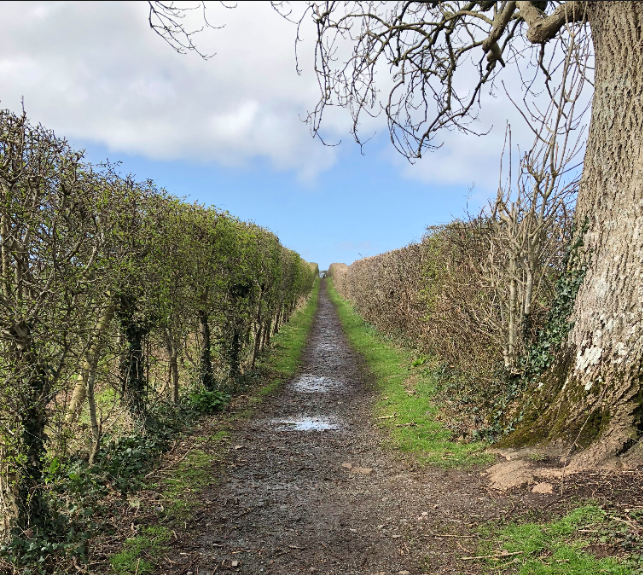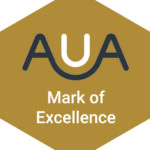How to engage, motivate and inspire through your writing
Author: Emma Greeley
Invisible Grail’s mission is ‘to champion inspirational communication, compelling narratives, greater authenticity, and confident leadership for those who work in higher education’. They are passionate about ‘nurturing extraordinary connections through writing and communication, which could, and should, have a greater impact for everyone in universities – to influence, persuade, negotiate, and engage’.
This is my experience of their workshop at the AUA conference in March 2018.
It is 9.30 am and I am being asked to turn to the stranger next to me, tell them my name - and what that name means to me. For a dyed in the wool introvert, this sudden intimacy feels like torture.
Attempting a countenance of calm consideration, that I hope disguises the terrifying mental inertia, I grasp for words demonstrating intelligent and coherent thought. Instead I mumble distracted thoughts about my mother’s wish for a child of that name, the heroine of an 18C novel, which confusingly didn’t match her antipathy for literature (‘a waste of time’) or her passion for all things scientific (not a waste of time presumably). What does the name mean to me? Miserably I can think of nothing. Other than perhaps the idea of a garment I eventually grew in to. Or is it a label to define or disguise? I trail off inadequately…
I should perhaps say at this point that my counterpart seems equally uncomfortable. And glancing around, a quick appraisal of the other candidates suggests that we’re all struggling to articulate our thoughts. I relax. Slightly.
Moments later we are released, and our presenters reveal that the exercise we have just undertaken has enabled us to find our voice, and build a creative scenario in order to tell our story.
Armed with our new found ‘voice’ our next task is to consider what kind of impact statement we would like to make within our work environment. I write notes about motivation, encouragement, enthusiasm and integrity within a team based context, but struggle to identify a meaningful starting point for my statement.
Then follows an exercise in ‘automatic writing’ in response to a poem. I notice a few raised eyebrows. Automatic writing sounds a bit well, weird, experimental, or even psychic. But this is a workshop environment, and our presenters are advocates of the ‘Invisible Grail’ so I guess the method is apposite. We’re encouraged to close our eyes and focus on the images created by lines from Robert Frost’s ‘The Road Not Taken’:
Two roads diverged in a wood, and I—
I took the one less travelled by,
And that has made all the difference.

We have precisely three minutes to write our response. Pen to paper without stopping, and never mind the punctuation. This is surprisingly difficult, this business of writing without stopping. But a sort of stream of consciousness quickly kicks in, and off I go along a wooded path and into the realm of the imagination.
This we discover is the just the practice run. Our next task is to apply the same technique to a work based situation. Our title is ‘The thing about my department is’. Off we go again. It’s slightly easier this time. Our hands and brains are more relaxed, and we scribble with ease and enthusiasm.
Next, we’re asked to write a haiku based on our scribblings. Mine looks like this:
A team of seven
Value good experience
Trust the young and old
And then from this haiku, distil a single word to convey the most important idea or theme. Suddenly here it is, shining out at me. Trust. My starting point.
Emma Greeley

Respond